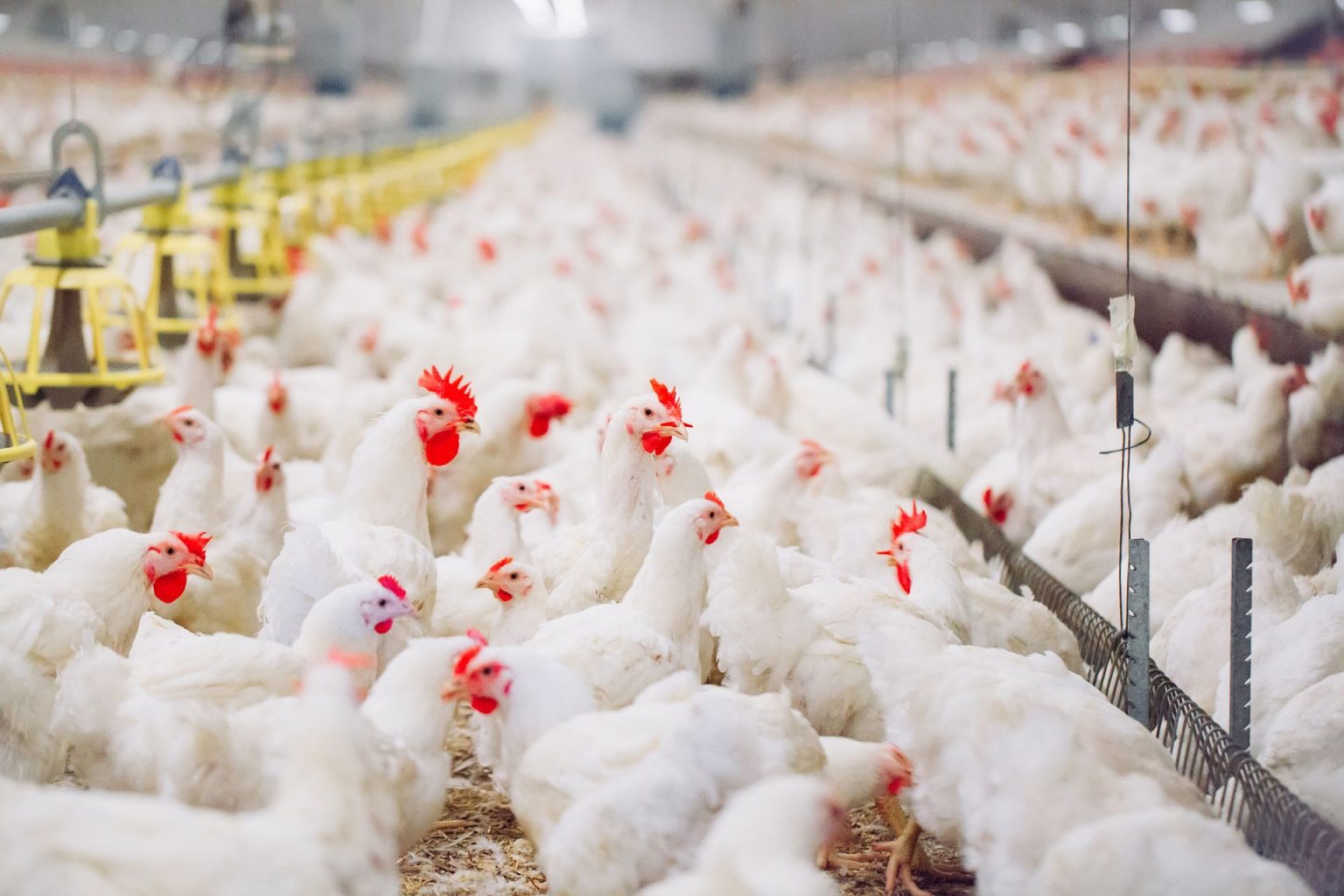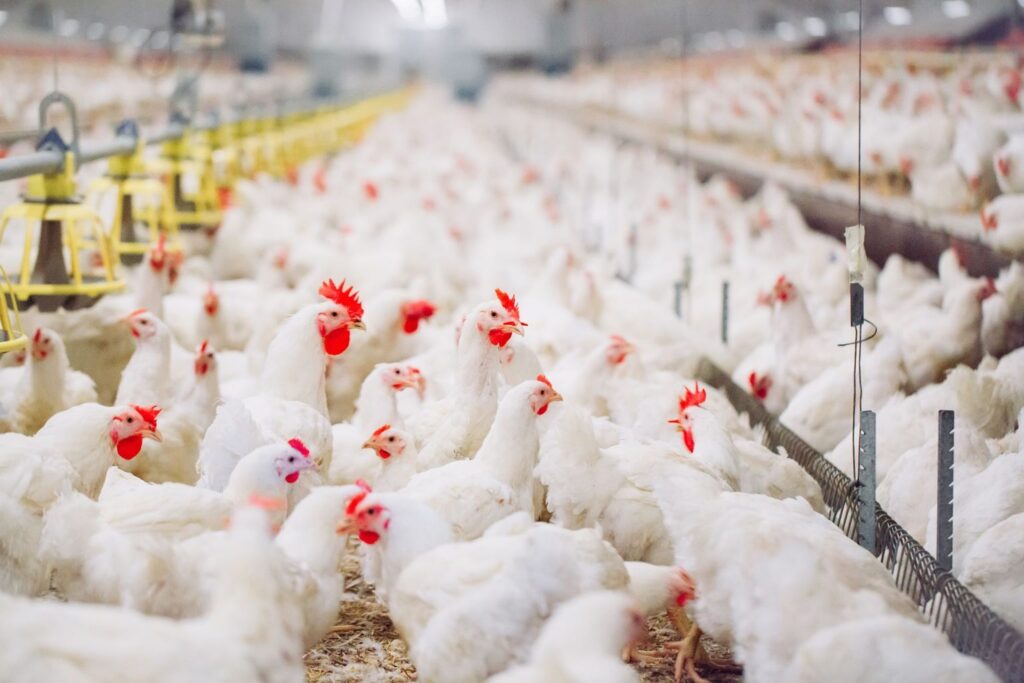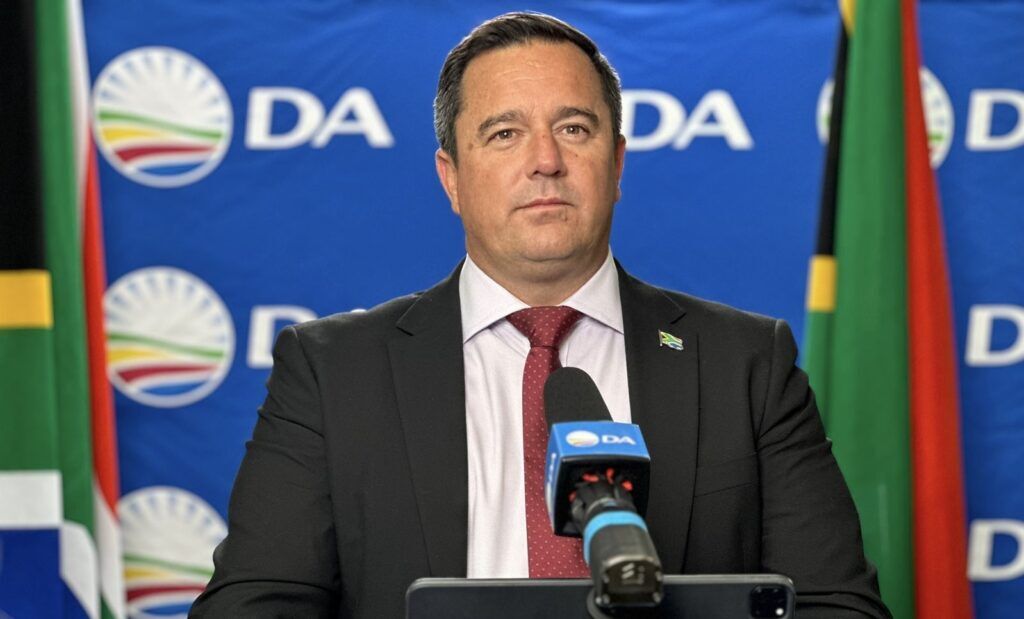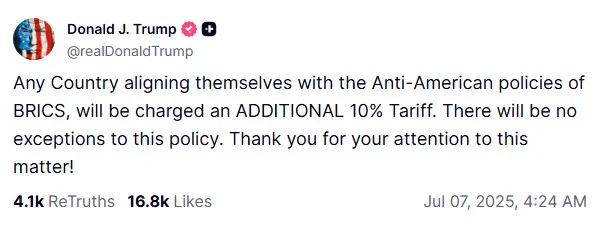SA eases chicken import ban to avoid food shortages

by Kelebogile Matlou
The Department of Agriculture has announced that it will partially lift the ban on the import of poultry products from Brazil, which should help the country avoid a major threat to its food security. South Africa imposed a ban on poultry imports from the South American country in May, following an avian flu outbreak in the Rio Grande do Sul region.
The move sent local producers into a mild panic, with major groups like Eskort and other meat associations warning of dire consequences should the ban remain in place. One of the biggest impacts of the ban was on mechanically deboned chicken meat (MDM), which is used by local producers to make polony, viennas, Russians and braaiwors.

image: Expondo Expert
South Africa does not produce its own MDM and relies on imports from Brazil to meet its requirements. About 19,000 tonnes of mechanically deboned chicken are imported from Brazil every month. The industry warned that with the ban in place, low-cost meat options would be taken off the table for hundreds of thousands of households, putting South Africa’s food security at risk.
This also came at the same time that foot-and-mouth disease was detected at South Africa’s biggest beef feedlot, and a wider blow to the local poultry sector through the collapse of DayBreak Foods. The combination of a reduced beef supply, the ban on Brazilian chicken imports, and the collapse of DayBreak will likely result in much higher meat prices in South Africa.

image: Central News
Stats SA’s CPI data for May showed that meat prices were already starting to show upward pressure as a result of the foot-and-mouth outbreak. Meat producers and chicken importers urged the Department of Agriculture to lift the ban on MDM from Brazil to avoid a crisis. Following feedback from the industry, the Department of Agriculture has now decided to partially lift the suspension of imports, effective 19 June.
This will allow imports from other states of Brazil, aside from the Rio Grande do Sul region, where the flu outbreak was detected. Meat producers and processors have welcomed the move and the urgency with which the department acted.
“The decision to partially lift this ban could not have come at a more critical time. South Africa has been losing over 100 million meals per week due to the ban, putting pressure on food affordability and security,” industry experts said.
However, the month-long ban that has already played out will not be without consequences.
The ban was implemented on 16 May, which means it was in full effect for around four weeks. Eskort warned that even a four-week ban would have a significant impact on local producers. The group noted that a four to six week gap in supply due to the ban would mean many processors standing idle for more than 60 days.
This will have a major impact on production as well as along the supply chain.
“It risks heavy job losses and instability in the lower LSM consumer segment. This is not only a supply chain crisis, but also a pending socio-economic and political disaster,” the group said.
The South African Meat Processors Association (SAMPA) said the lifting of the ban would avert significant shortages of affordable protein as well as secure jobs in the sector.
“While it will take some time for imports of MDM to reach our shores, the situation could have been a lot worse. We hope that this crisis will provide the blueprint for South African authorities should the remaining two poultry-producing regions of Brazil report HPAI outbreaks, so we can avoid any other breaks in supply in future.”



